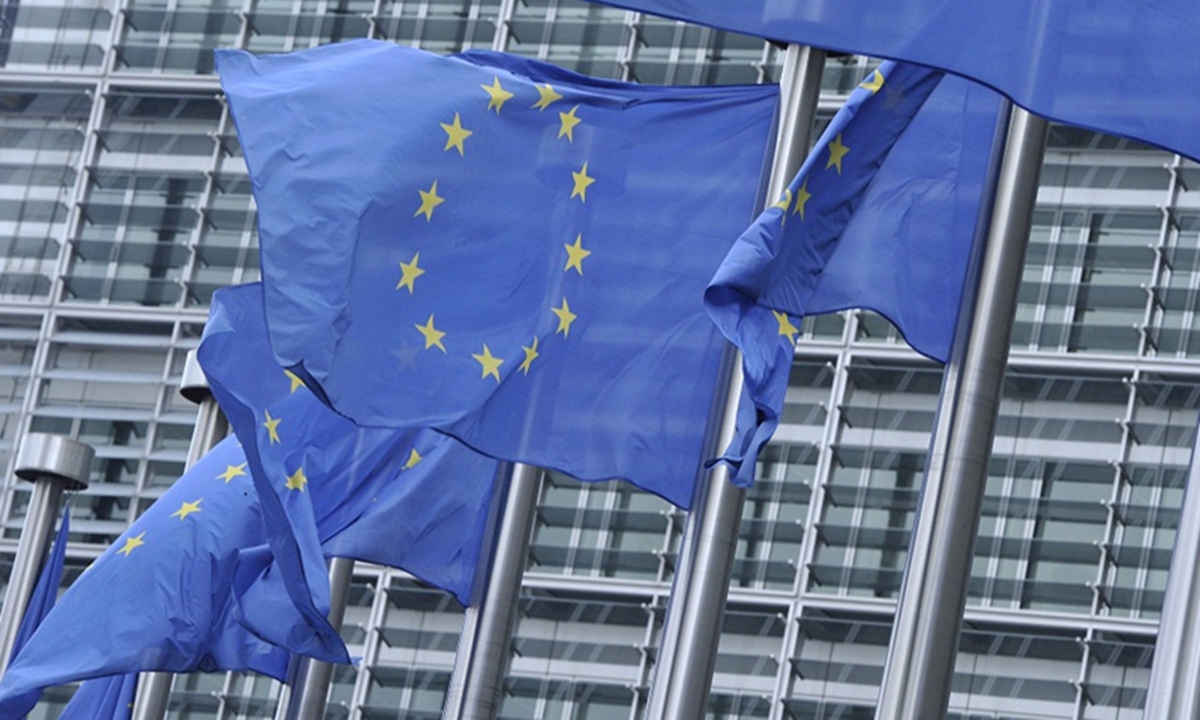
Photo: Xinhua
After Lithuania sought to develop relations with the island of Taiwan in a way that violates the one-China principle, there have been increasing voices in the EU placing an unusual and dangerous focus on developing ties with the island. European leaders would be well advised to avoid crossing China's red line on the Taiwan question.
The European Economic and Trade Office (EETO) in the island said in a new report that their relations continued to thrive despite the global pandemic and regional situation. In particular, Filip Grzegorzewski, head of the EETO, claimed that "Taiwan plays a fundamental role in our Indo-Pacific vision," according to a press release.
The EETO releases a report each year, and its past reports usually focus on areas such as economic and trade cooperation, education and cultural exchanges. But this year's report views the island as an important piece in the EU's Indo-Pacific strategy, which apparently is based on strong political considerations rather than economic cooperation.
The EETO report comes at a time when the EU is making provocative moves regarding the Taiwan question, despite fierce objections from the Chinese mainland.
On September 1, the European Parliament's Committee on Foreign Affairs adopted report, not only calling for elevating "political relations," but also including the island into its Indo-Pacific strategy and advocating for island's full participation as an observer in international bodies.
On September 16, the EU issued a formal strategy to boost its presence in the Indo-Pacific, pledging to seek a trade deal with the island.
If the EU simply wants to develop normal economic and trade relations with the Taiwan island, its unusual emphasis on the latter's role in its Indo-Pacific strategy should be viewed with suspicion. Some European politicians may think that playing the "Taiwan card" will draw more attention and could help pressure the mainland to make more concessions. But confusing the right and the wrong on China's bottom line is a dead end.
The Chinese mainland's position on the Taiwan question remains clear and resolute. All exchanges with the island must be handled in strict accordance with the one-China principle. They cannot exceed the scope of normal nonofficial cooperation and exchange.
The Chinese mainland was the EU's largest trading partner in 2020. With such a massive bilateral trade, it is hard to imagine that the EU will really choose to distant itself from the mainland by violating the one-China principle.
If the EU wants to jointly safeguard such a mutually beneficial trade relationship with China, it is advised to pay due respect to China's sovereignty, security and development interests.




